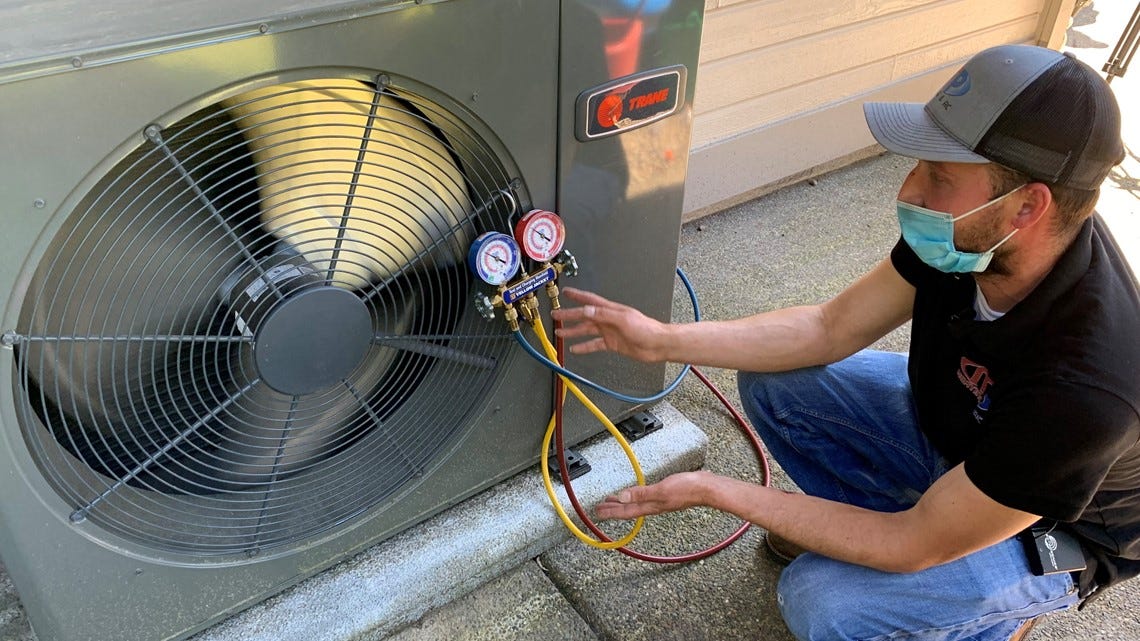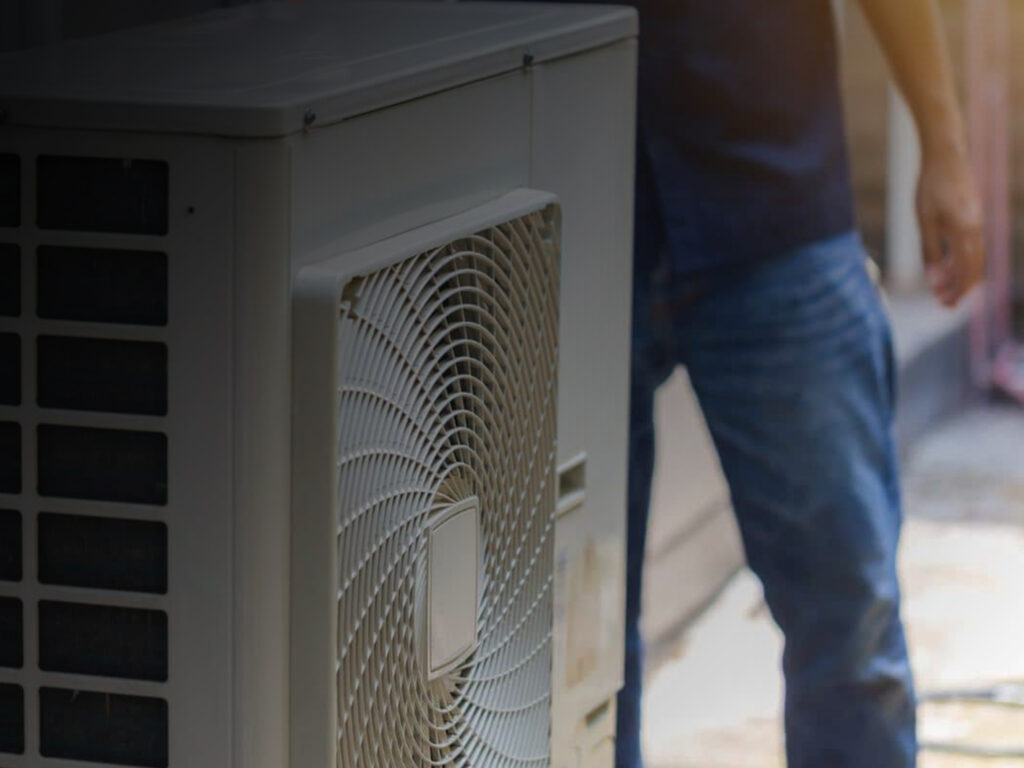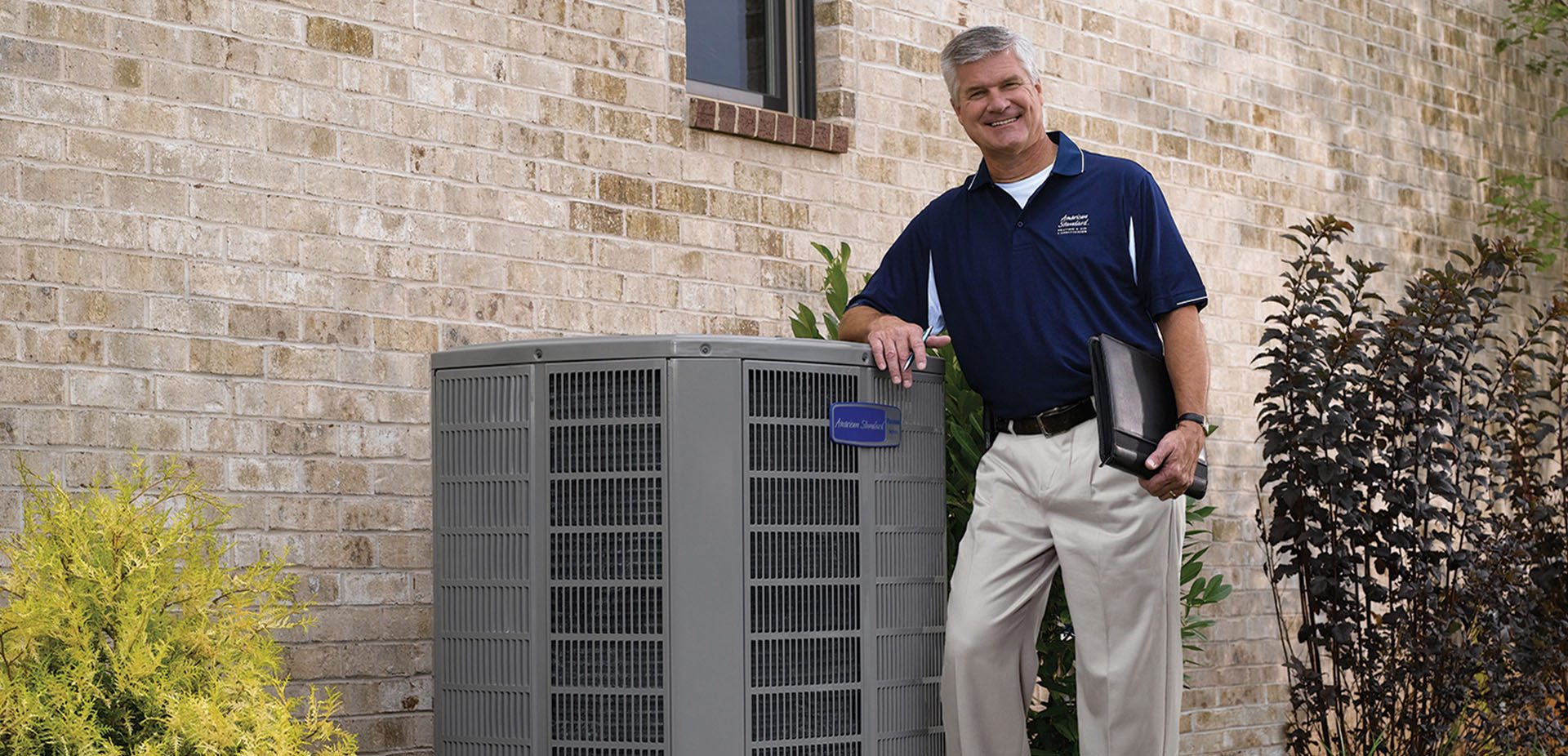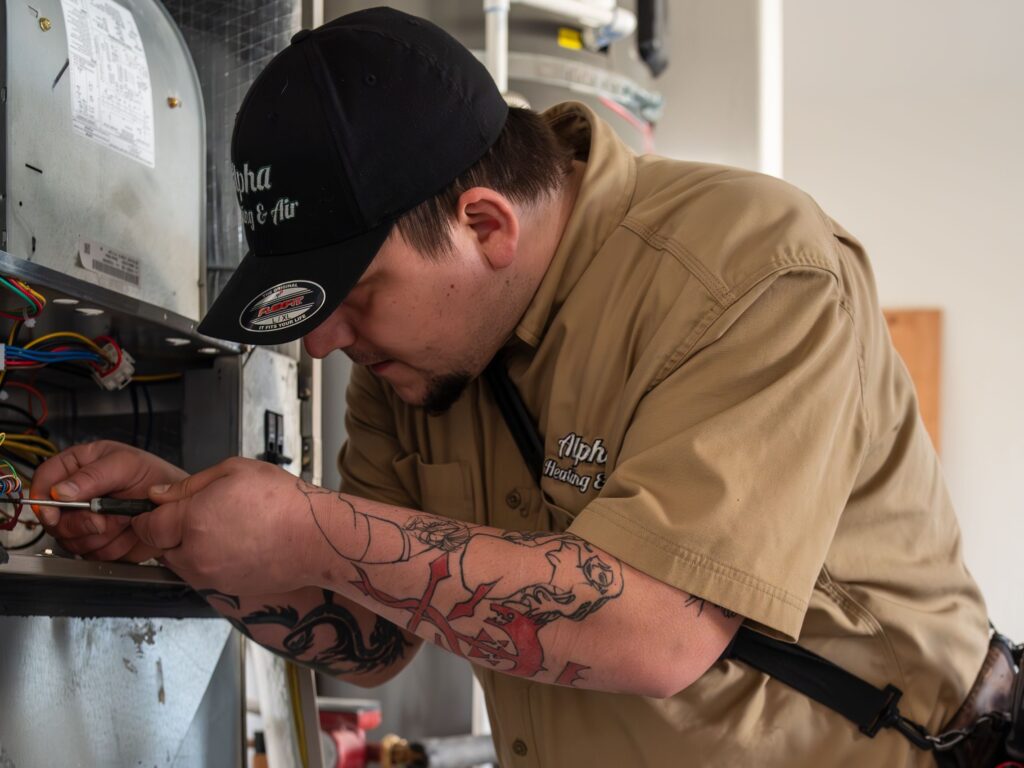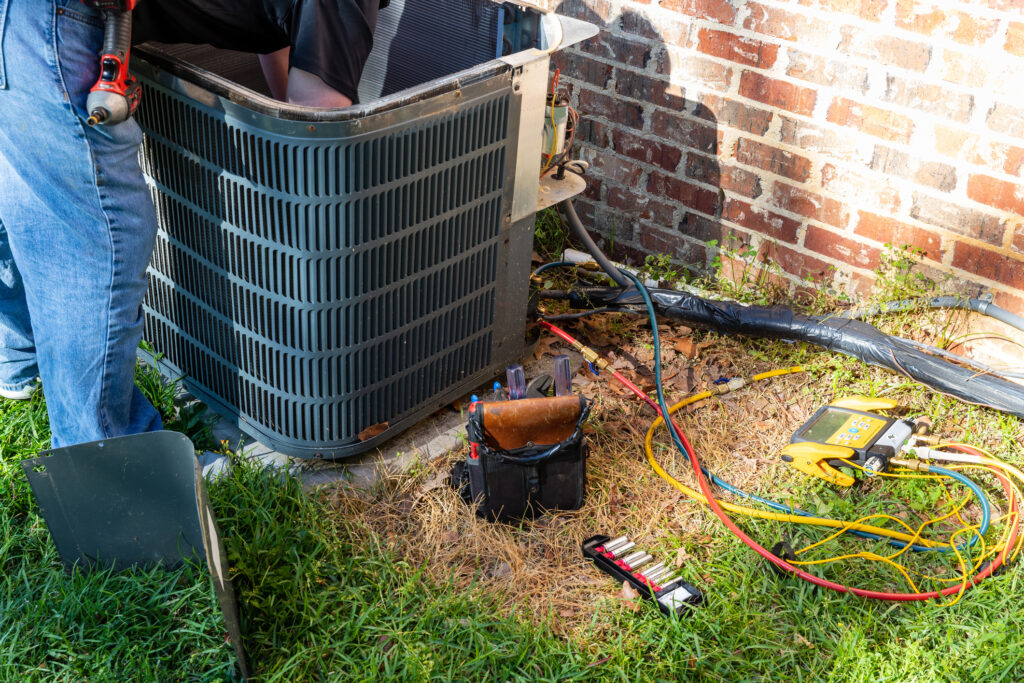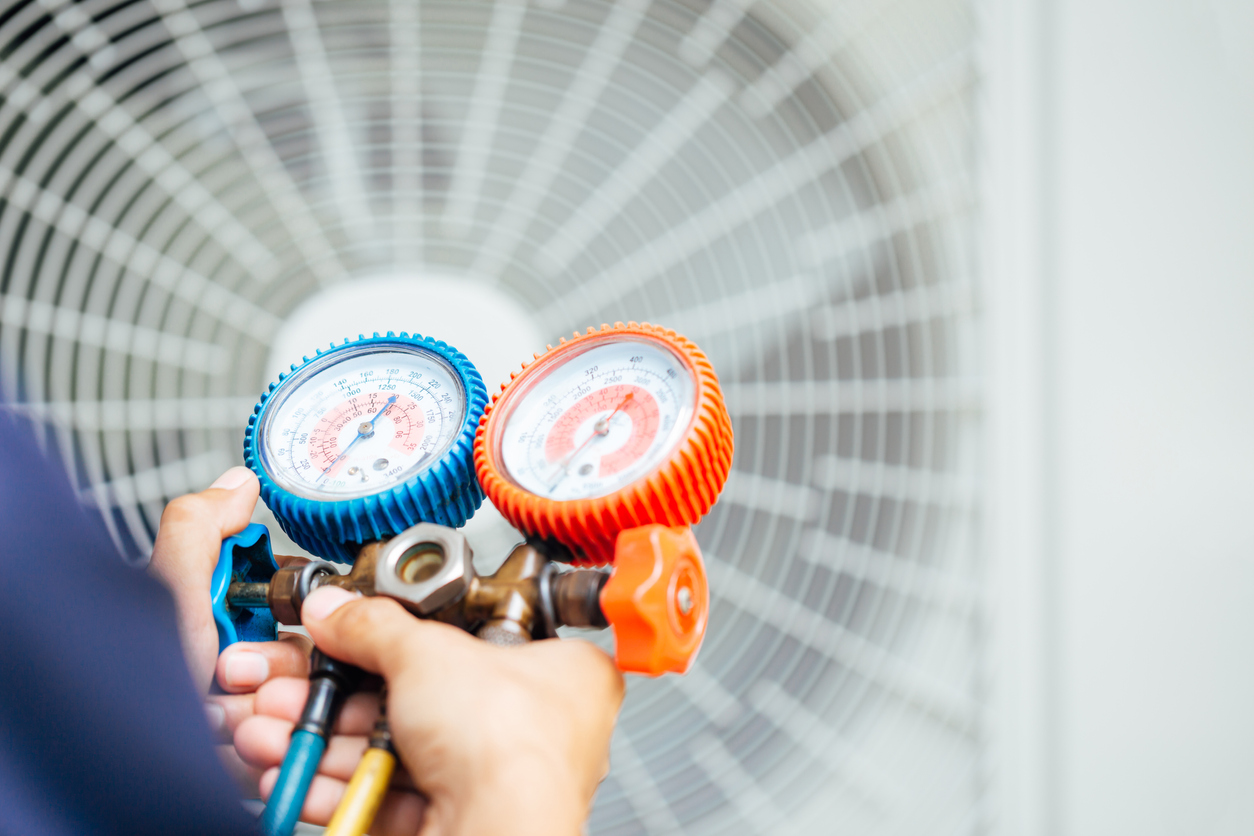Is It Best Place For Ac Repair In Bandon

Living in Bandon, Oregon, with its beautiful coastal climate, makes a functioning air conditioner crucial during the warmer months. Imagine this: it's a hot day, and you turn on your AC, only to be greeted with warm air or, worse, nothing at all. Before you immediately search "AC repair Bandon" and spend money, let's explore some common AC problems and basic troubleshooting steps you can take yourself. This guide aims to empower you with the knowledge to assess the situation, potentially fix minor issues, and confidently decide when to call in a professional.
Common AC Problems: A Troubleshooting Guide
Let's dive into some of the most frequent culprits behind AC malfunctions. We'll focus on central air conditioning systems, as they're common in Bandon homes.
1. The AC Unit Won't Turn On
This is perhaps the most frustrating scenario. Here's a methodical approach to finding the root cause:
Step 1: Check the Power Supply
- The Breaker: Locate your home's electrical panel. Carefully inspect the breaker labeled "AC," "Air Conditioner," or something similar. Is it tripped (in the "off" or middle position)? If so, flip it fully to the "off" position, and then back to the "on" position. If it trips again immediately, do not keep resetting it. This indicates a more serious electrical problem requiring a professional.
- The Disconnect Switch: Near the outdoor AC unit, you'll usually find a disconnect switch (it might look like a large light switch in a box or a pull-out handle). Ensure it's in the "on" position. If it's a pull-out handle, firmly push it back in.
- Power Cord: If your AC unit uses a plug (less common for central AC), make sure it's securely plugged into the outlet.
Step 2: Check the Thermostat
- Batteries: If your thermostat is battery-powered, replace the batteries with fresh ones. Low batteries can cause erratic behavior or complete failure.
- Settings: Make sure the thermostat is set to "Cool" mode and that the temperature is set lower than the current room temperature. Ensure the fan is set to "Auto" or "On" (not just "Fan Only").
- Programmable Thermostat: Double-check the programmed schedule. It's possible the AC is set to be off during that time. Try overriding the schedule to test if that's the issue.
Step 3: Check the Air Filter
A clogged air filter is a very common cause of AC problems, including the unit not turning on. A dirty filter restricts airflow, causing the unit to overheat and potentially shut down as a safety precaution.
- Location: The air filter is usually located in the return air vent, often in a wall or ceiling near the furnace/air handler.
- Inspection: Remove the filter and hold it up to the light. If you can barely see through it, it's time for a replacement.
- Replacement: Replace the filter with a new one of the correct size (the size is usually printed on the filter frame). Always install the filter with the arrow pointing in the direction of airflow (towards the furnace/air handler).
When to Call a Professional: If you've checked the power supply, thermostat, and air filter, and the AC still won't turn on, it's time to call a qualified AC repair technician in Bandon. The problem could be a faulty capacitor, compressor, or other complex electrical component.
2. The AC is Blowing Warm Air
This is another common complaint, indicating a problem with the cooling process.
Step 1: Repeat Air Filter Check
A clogged air filter can also cause warm air, even if the unit is running.
Step 2: Check the Outdoor Unit
- Obstructions: Make sure the outdoor unit is free of obstructions, such as leaves, branches, or debris. These can restrict airflow and reduce cooling efficiency. Carefully clear away any obstructions, using gloves and eye protection.
- Coil Condition: The outdoor unit has coils that release heat. Inspect the coils for dirt and debris. You can gently clean them with a garden hose (on a low-pressure setting) and a soft brush. Important: Turn off the power to the unit at the disconnect switch before cleaning the coils.
Step 3: Check for Frozen Coils
Frozen coils can occur if airflow is restricted or if there's a refrigerant leak.
- Inspection: Look for ice buildup on the copper lines or the evaporator coil (located inside the air handler).
- Remedy: If you see ice, turn off the AC and set the fan to "On" to help melt the ice. Do not try to chip away the ice, as you could damage the coils. Once the ice has melted, try running the AC again. If the coils freeze up again quickly, there's likely a refrigerant leak or another underlying problem.
Step 4: Check Vents and Registers
Ensure that all vents and registers in your home are open and unobstructed. Closed or blocked vents can reduce airflow and cause some rooms to be warmer than others.
When to Call a Professional: If you've checked the air filter, outdoor unit, and for frozen coils, and the AC is still blowing warm air, it's likely a more complex issue requiring a professional. This could include a refrigerant leak, a malfunctioning compressor, or a problem with the ductwork.
3. The AC is Making Unusual Noises
Strange noises coming from your AC unit can be a sign of underlying problems. Here's how to investigate:
Step 1: Identify the Noise
Try to pinpoint the type of noise (e.g., grinding, squealing, buzzing, hissing) and where it's coming from (indoor unit, outdoor unit, or ductwork).
Step 2: Common Noise Causes
- Grinding: Could indicate a problem with the blower motor or compressor. This usually requires professional attention.
- Squealing: Could be a loose belt (if your unit has one) or a problem with a motor bearing. A loose belt might be something you can tighten, but a worn-out bearing requires a professional.
- Buzzing: Could be a loose part, a refrigerant leak, or an electrical issue. Check for any loose panels on the unit and tighten them. If the buzzing persists, call a professional. Do not attempt to diagnose electrical problems yourself.
- Hissing: Often indicates a refrigerant leak. Refrigerant leaks require professional repair.
- Rattling: Could be debris inside the unit or loose ductwork. Check the outdoor unit for debris. If the rattling is coming from the ductwork, try to secure any loose sections with duct tape (a temporary fix).
When to Call a Professional: Any loud or unusual noises that persist after basic inspection should be investigated by a qualified AC repair technician. Ignoring these noises can lead to more serious and expensive problems down the road.
4. The AC is Leaking Water
Water leaks from your AC unit can be a sign of a clogged drain line.
Step 1: Locate the Drain Line
The drain line is usually a PVC pipe that exits the indoor unit (furnace/air handler). It's often located near the floor or in a utility closet.
Step 2: Check for Clogs
- Visual Inspection: Look for any obvious obstructions in the drain line.
- Wet/Dry Vacuum: Use a wet/dry vacuum to suck out any clogs in the drain line. Attach the vacuum hose to the end of the drain line and run the vacuum for a few minutes. Important: Make sure the vacuum is designed for wet use.
- Vinegar Flush: Pour a cup of white vinegar into the drain line. Vinegar can help dissolve algae and mold that can cause clogs. Let it sit for about 30 minutes, then flush with water.
Step 3: Check the Condensate Pump (if applicable)
Some AC systems use a condensate pump to remove water. If you have a pump, check to make sure it's working properly. The pump may need to be cleaned or replaced.
When to Call a Professional: If you've tried clearing the drain line and the AC is still leaking water, there may be a more serious problem, such as a cracked drain pan or a problem with the condensate pump. Call a professional for assistance.
DIY Repairs: Proceed with Caution
While some basic AC troubleshooting and repairs can be done by homeowners, it's crucial to exercise caution and prioritize safety. Never attempt repairs that you're not comfortable with or that involve electricity, gas, or complex components.
Here are some general safety tips:
- Turn Off the Power: Always turn off the power to the AC unit at the breaker or disconnect switch before performing any repairs.
- Wear Protective Gear: Wear gloves and eye protection when working on the AC unit.
- Read the Manual: Consult your AC unit's owner's manual for specific instructions and safety precautions.
- Don't Work Alone: It's always a good idea to have someone nearby when working on electrical or mechanical equipment.
When to Call a Professional AC Repair Technician in Bandon
Knowing when to call in the experts is just as important as knowing how to troubleshoot basic problems. Here are some situations where you should always contact a qualified AC repair technician:
- Refrigerant Leaks: Handling refrigerant requires specialized equipment and training. It's illegal and dangerous to release refrigerant into the atmosphere.
- Electrical Problems: Working with electricity can be extremely dangerous. Do not attempt to repair electrical components yourself.
- Compressor Problems: The compressor is the heart of the AC unit. Repairs or replacements require specialized knowledge and equipment.
- Major Component Failures: If you suspect that a major component, such as the motor, fan, or coil, has failed, it's best to call a professional.
- You're Unsure: If you're not comfortable performing a repair or you're not sure what's causing the problem, it's always best to err on the side of caution and call a professional.
Finding the Right AC Repair Service in Bandon
When you need professional AC repair in Bandon, here are some tips for finding a reputable and reliable service:
- Ask for Recommendations: Ask friends, family, or neighbors for recommendations.
- Read Online Reviews: Check online reviews on sites like Google, Yelp, and Angie's List.
- Check for Licensing and Insurance: Make sure the company is licensed and insured.
- Get Multiple Quotes: Get quotes from several companies before making a decision.
- Ask About Experience: Inquire about the company's experience with your type of AC system.
- Warranty: Inquire about the warranty on parts and labor.
By following these troubleshooting steps and knowing when to call a professional, you can keep your AC running smoothly and comfortably, ensuring you stay cool even on the warmest days in Bandon. Remember, prioritize safety and don't hesitate to seek professional help when needed. A little knowledge can go a long way in maintaining your home's comfort system.

